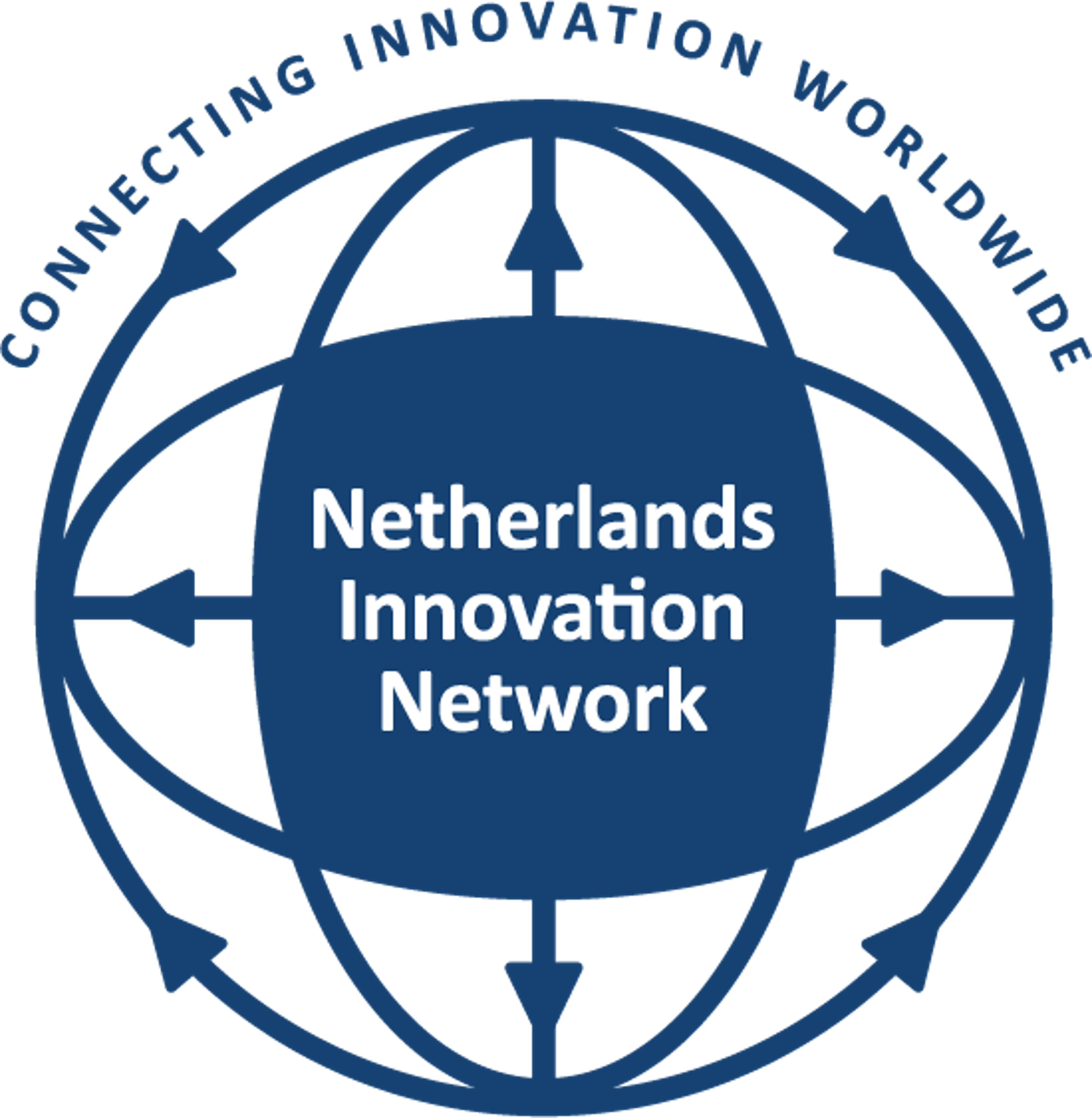Introduction

Almost 40 participants at the seminar
On the first day of CSITF on the 20th of April, more than 40 participants attended the Sino-Dutch Seminar on Waste Treatment and Management. This seminar was organised by the Holland Innovation Network China for the special occasion of CSITF 2017 and the role of the Netherlands as Guest Country of Honor. With this seminar, the Holland Innovation Network China aimed to share and exchange knowledge between Dutch and Chinese participants on the development of waste treatment technologies and management, promote academic exchange and enhance Sino-Dutch collaboration among attending companies and knowledge institutions.
.
Seminar
The seminar started with opening remarks by Anouk van der Steen, Officer for Innovation, Technology and Science at the Holland Innovation Network of the Consulate General of the Kingdom of the Netherlands in Shanghai. Several keynote speeches from both Dutch and Chinese companies followed.
Julius de Jong from Orgaworld Asia noted that the demand for food in China has in recent years increased by 55% and that this has also led to a rise in food waste and its associated problems. These problems of proper disposal, therefore create opportunities for waste treatment companies. Bernard Scheffens from WSS Asia followed with his speech, emphasising that waste treatment technologies on their own are not enough to solve the problems of waste in China. Equally important is how parties communicate with each other and manage huge waste treatment projects. Another key factor is the role of law in inducing and stimulating social behaviour such as recycling. Jeroen-Peter van der Mark from Waste Treatment Technologies (WTT) explained how China is the biggest producer of MSW (Municipal Solid Waste) and that there are not enough landfills to accommodate this growth in MSW. This calls for innovative solutions and technologies, in which Dutch companies can play a key role.

Interactive discussions during the seminar
After the networking break, Tony Yuan from Suzhou CPS Technology continued. Amongst other fields, CPS is specialized in waste water treatment equipment. Tony explained how CPS has developed a membrane capable of removing material with 99% efficiency and with lower operating temperatures and requirements. Stephane Vernede from Enwise noted that the transportation of waste carries many disadvantages in terms of extra costs and emissions, both from the transportation itself and the landfills where the waste ends up. To solve this, Enwise aims to convert waste locally (without the need for transport) with modular waste treatment containers. Shutong Liu from MotionECO provided the final speech of this seminar. MotionECO is trying to create a market for renewable diesel made from used cooking oil that can be used in transportation, public services and logistics.
After the seminar, all participants gathered at the Holland Innovation Pavilion for a network reception where experts, scholars and others had the opportunity to exchange ideas and broaden their network.
